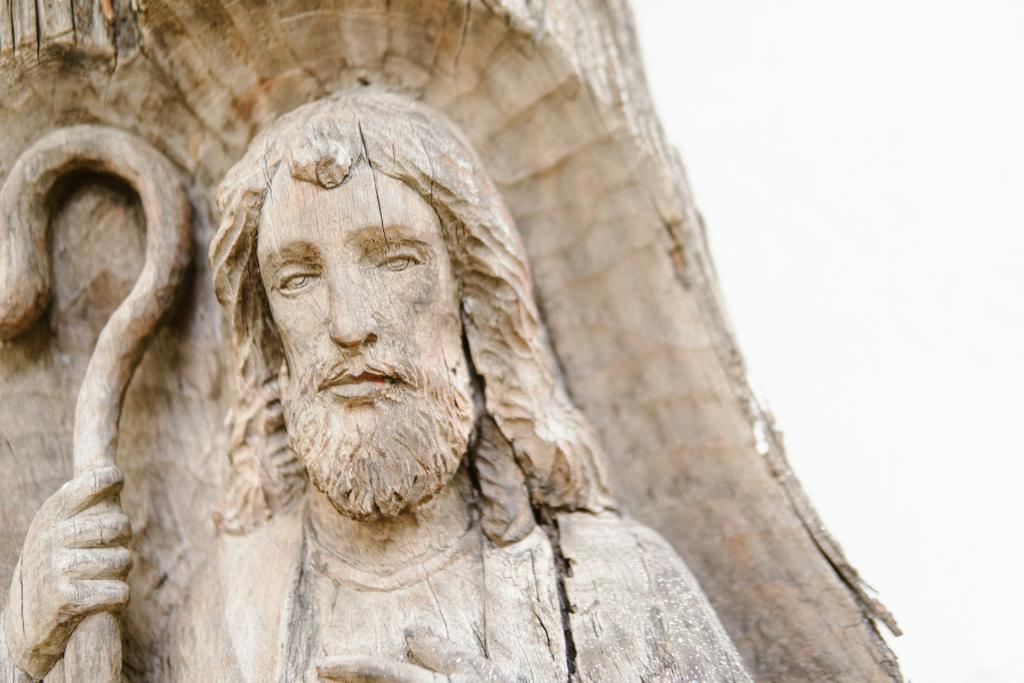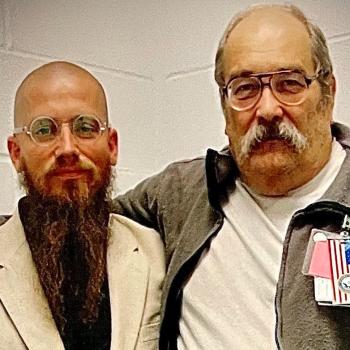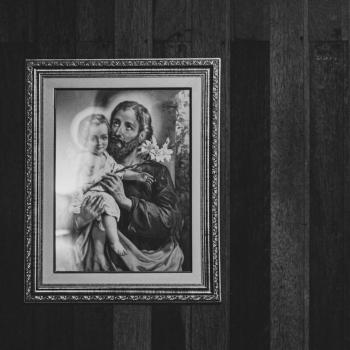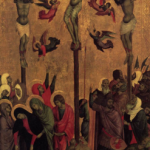We’ve arrived at part three of the reflection series on Padris Corde (With a Father’s Heart). Here, I’d like to highlight creative courage and work. In my previous post, I talked about how embracing challenges forges us into men because we take responsibility for the outcome. After we’ve embraced a challenge, how do we navigate it? How do we navigate challenges in family life and in the workplace?
Creative Courage
In Padris Corde, Pope Francis speaks of creative courage. Creative courage refers to how one deals with difficult situations. Certainly in difficult situations, the rationale is to get out of the it, yet there are different ways to go about it. Pope Francis goes on to say in these moments, we realize we have more resources than we think we had. I think about 2020, at the start of the pandemic.

When we were in lockdown, human interaction was compromised. People needed to be creative with how to connect with family and friends. Video conferencing platforms like Zoom took off. People leaned on creative courage to experience aspects of life in new, unique ways. Family get-togethers consisted of Zoom group chats. School graduations were celebrated by parading through neighborhoods in cars. Weddings were witnessed by live stream. Whatever the case, a pandemic could not stop people from finding ways to connect. Pope Francis notes that this is precisely the type of “good news” that needs to be communicated more in the world, that despite all the sadness, anger and uncertainty that exists, God always finds ways to bring about goodness.
St. Joseph is often invoked by the poor and marginalized. Pope Francis writes, “Consequently, every poor, needy, suffering or dying person, every stranger, every prisoner, every infirm person is “the child” whom Joseph continues to protect.” How do we foster creative courage for those under our care or those we encounter on the street? Perhaps it’s receiving them as a person of dignity, offering them our time.

Work
What amazes me about St. Joseph is how down to earth he was. I remember a powerful quote by St. Josemaria Escriva about St. Joseph:
“This greatest male Saint ever lived was not a deacon, not a priest, not a bishop, not a pope, not a hermit, not a monk…he was a husband, father, and a worker.”
No matter what we do for a living, our work, if offered for God’s glory, can bring about the Kingdom of God. In Padris Corde, Pope Francis writes, “work is a means of participating in the work of salvation, an opportunity to hasten the coming of the Kingdom, to develop our talents, and to put them at the service of society and fraternal communion.” How many of us approach our work this way?
An article from Inc. magazine noted the results from a recent survey by PwC, a leading professional services firm, which received responses from 56,000 workers globally.
“It found that about 28 percent – between one in four and one in three -people surveyed admitted they were ‘very’ or ‘extremely likely’ to quit their current company during the next 12 months. The equivalent figure for last year was 26 percent, and in 2022 it was just 19 percent.”
This made me think of the Great Resignation a couple years ago. With the continued rise of AI and the fear of it taking the place of certain jobs, I can see why the statistics are so shocking!

St. Joseph the Worker can intercede for us when it comes to the dignity of work. Pope Francis in Padris Corde notes, “It [work] becomes an opportunity, for fulfillment not only of oneself, but also of that primary cell of society, which is the family.” We have a role to play outside of what we do in the workplace. St. Joseph reminds us that we are called to sanctify the world, to be a leaven in our workplace. Pope Francis continues, “Working persons, whatever their job may be, are cooperating with God himself, and in some way become creators of the world around.”
How are we being a witness to St. Joseph in our workplace? Are we someone that people can come to? Are we someone that models the virtues found in Joseph such as patience, creativity, or courage? I invite you to think about how you situate yourself in the world, particularly in your family and in your community.

















